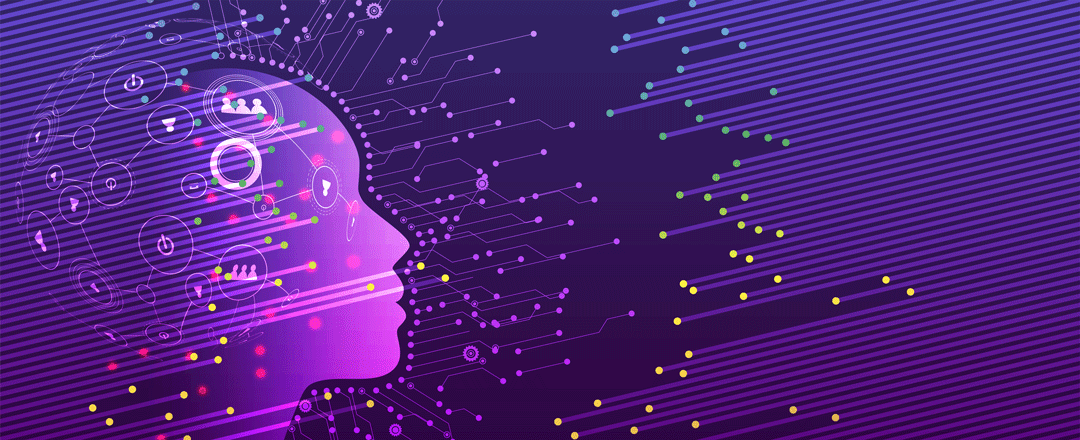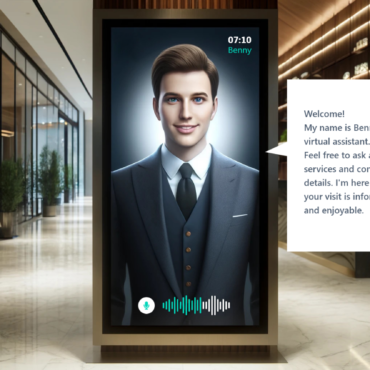Quantum NLP (Natural Language Processing)
Can quantum computing make the computers truly understand human language?
Quantum supremacy
Quantum computing is one of the bigest topics in the world of IT in the last years. In 2019 Google published a paper stating that their quantum computer has achieved quantum supremacy (meaning solving a task that a classical computer wouldn’t be able to solve). Reading such news, we might be asking ourselves if it’s already the moment when quantum computing is going to change the IT we know forever. But as the German like to say, I think that the answer to that question is “Jein”.
What is quantum computing?
Quantum computers apply the laws of quantum mechanics to information processing, i.e. compared to classical computers based only on bits (0 or 1 values), they allow the use of values 0, 1 or both at once, through the use of so-called qubits or quantum bits.
Talking about the tasks solved by quantum computers we might think of them in categories like – totally abstract, meaningful (they make sense but don’t solve any real problem), and practical (they both make sense and solve some real-life problem). The mentioned example done by google might be considered as the meaningful one.
Whereas quantum computing, and especially quantum machine learning undoubtfully can and will bring a breakthrough in the areas where the rules of quantum physics can be applied – like chemistry or biology for scenarios like new drug designs – it can also bring breakthroughs in the other areas of our life.
What does quantum computing have to do with artificial intelligence?
Despite the advanced computing power of computer systems, many tasks that lie in the field of Artificial Intelligence and Big Data are so complex that tasks are almost unsolvable with today’s computing capacity. Thanks to quantum properties, quantum computers can map multiple plausible states at once and thus enable even the previously very time-consuming or overly complex problems to be solved in a short time.
Quantum NLP, or what does human language have to do with quantum physics?
Quite surprising use case can be the understanding of human language, and connected with that field of IT dealing with human language called Natural Language Processing (NLP) with its latest subdomains like Natural Language Understanding (NLU) and Natural Language Generation (NLG).
NLP emerges as a not obvious but very exciting area where quantum computing can also show huge potential.
Even though we are seeing a big breakthrough happening in the field of NLP thank to the new neural network architectures published in the last months and years there are still quite many tasks in which classical computers are still having. Tasks such as sentiment analysis, irony recognition, or language generation, even though hitting the benchmarks, still pose a free space for further development before achieving a general competence level comparable to humans (with some exceptions for well-trained tasks).
However, the most difficult part associated with the language tasks fits exactly into the characteristics of the quantum paradigm, which allows a better representation of ambiguity problems.
Quantum computer solves first simplified question answering problems
The field is constantly developing and there are already first meaningful examples of implementations of quantum natural language processing, done at Oxford University by prof. Bob Coecke and his research group. One of the first which allow for solving first simplified question answering problems using real quantum computers (Link).
As estimated by prof. Coecke it can take about 3-5 years until we see truly practical implementations of quantum NLP, but he points out that these would be rather a completely new sort of tasks that wouldn’t be even solvable using classical computers. We shouldn’t try to use quantum to solve problems that are already solved by classical but rather look into new use cases and kinds of problems that classical computers can’t solve.
At the end of the day, the best results will come from deployments in which classical computing and quantum computing work together and leverage their strengths to solve complex problems.
Even though quantum computing might currently look a bit like the next technological buzzword, the current developments are laying the grounds for truly practical cases that are to come in the next few years.
We might also wait a bit until it really changes the IT we know – or instead of waiting rather work to make them happen as without any doubt it’s a very fascinating field especially in combination with the potential of AI algorithms.






